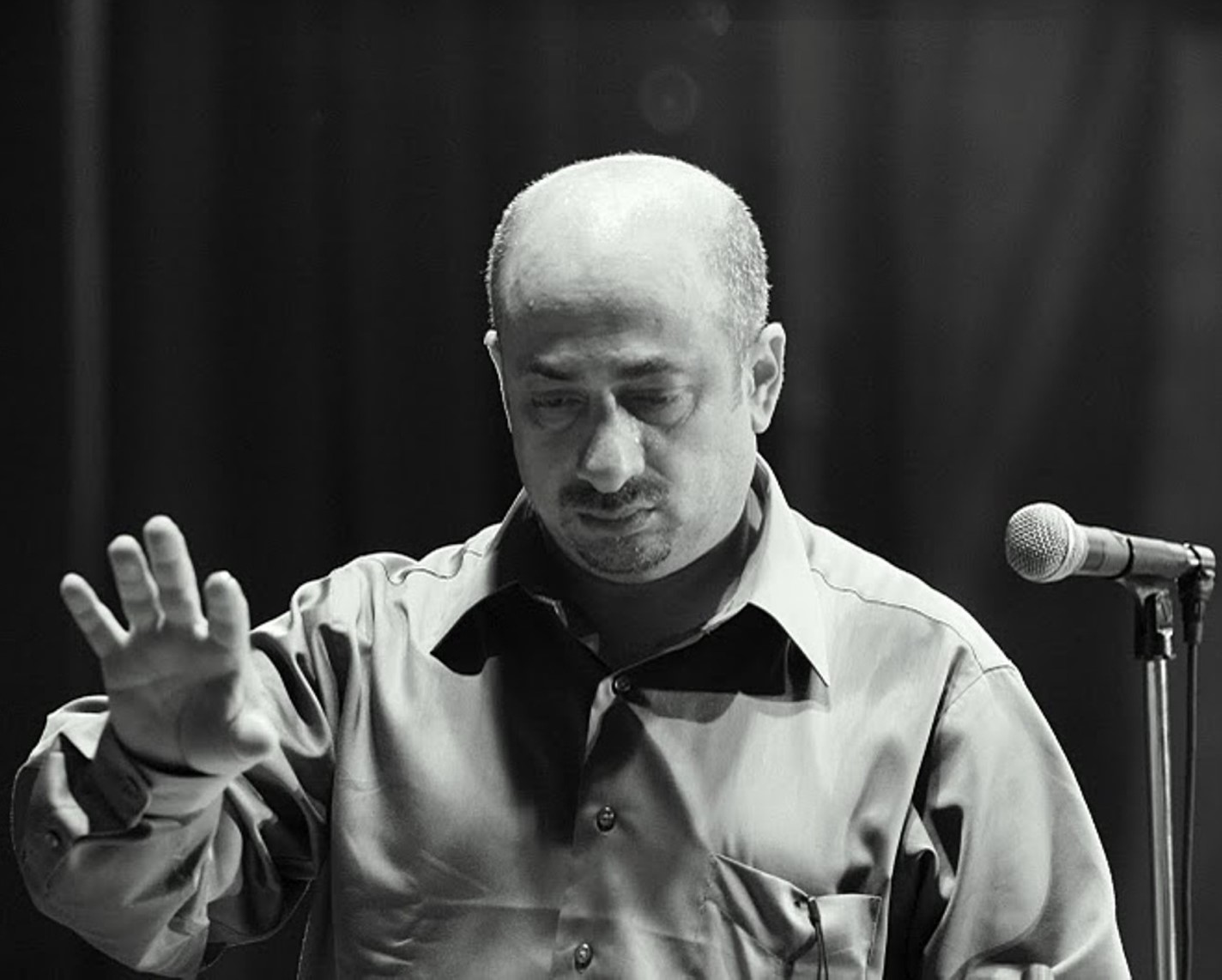LMU0089 - Introduction to World Music
Chicago World Music Ensemble - Kaytagi (Azerbaijan-Turkey). Issa Boulos, director
Course Description
Survey folk and traditional music from around the world. You will examine music making and the people and musical cultures of South Asia, Southeast Asia, East Asia, and Oceania, Middle East, Eastern Europe, Europe, Africa, and the Americas. Composer Issa Boulos has collaborated with musicians from all over the world and will explore interrelationships between musical genres and other art forms, such as dance, theater, visual arts, and literature. You will also analyze how these musics have intersected with race, class, gender, religion, ritual, politics, social movements, and cultural identity.Course Outline
Course RationaleMusical traditions from around the world can never be understood without understanding the relationships, associations and collective memories that come with them. As these languages of expression become more universal, traditional musics also strive to escape the confines of convention and stereotype and aim for change. This course seeks to bring world music within reach and offer a deeper understanding of global music-making.
Course Objectives
The goal of this course is to help students expand their horizons by exploring diverse musical traditions from around the world as they learn about the people and cultures that produced them. The class offers a sample of world music and is designed to bring awareness to these traditions. By investigating the multilayered cultural contexts and traditional meanings of various musical genres, students gain an understanding of the current "world music" scene and are better able to critically examine their own musical experiences. In addition, students will learn to hear and discuss significant stylistic elements of selected genres through listening assignments. A detailed introduction to musical terms and concepts will be provided; no prior musical experience or "musical literacy" in any tradition is required for this course.
Learner Outcomes
1. demonstrate basic awareness and understanding of the major types of global musical traditions.2. utilize anthropological terminology appropriately in verbal and written formats.
3. identify and explain similarities and differences in styles and genres.
4. listen and view performances critically and refine the understanding of global musical traditions; articulate an opinion that is based on understanding and knowledge.
Notes
Required textbook Miller, Terry E. and Andrew Shahriari. World Music: A Global Journey. 3rd edition. New York: Routledge, 2012. The text includes three compact discs, which serve as the foundation for listening assignments. An electronic version is also available.World Music: A Global Journey, 4th Edition
Authors: Terry E. Miller and Andrew Shahriari
Paperback: 530 pages Publisher: Routledge, 2017 Language: English ISBN-13: 978-1138911277
ISBN-10: 1138911275
Supplies/Materials: Supplied by the library
https://www.routledge.com/World-Music-A-Global-Journey-Fourth-Edition-4th-Edition/Miller-Shahriari/p/book/9781138911277
Related Course Recommendations
LMU0024 - Music Appreciation
Introduction to World Music
Introduction to American Music
Private Music Lessons (Adults)
Click here for more
 Issa Boulos is an international award-winning composer, lyricist and songwriter. His works have been performed by various groups and orchestras around the world. He studied piano, ‘ud and voice at an early age and later pursued music composition with Gustavo Leone, Athanasios Zervas, and William Russo at Columbia College Chicago and with Robert Lombardo and Ilya Levinson at Roosevelt University. He earned his Ph.D. in Ethnomusicology from Leiden University. Throughout his career, Issa has injected new life into his music by incorporating traditional instruments in innovative ways. He has composed music for full orchestra, chamber, mixed ensembles, and written hundreds of songs including several hits. Among his commissions are four pieces for the Chicago Symphony Orchestra, composition/performance for the Silk Road Ensemble, and original scores for award-winning documentaries, plays, feature films and musicals. Through these efforts, Issa has gained recognition in the United States, the Middle East, and Europe. He has served as a lecturer at the University of Chicago for nearly a decade and co-founded the Qatar Music Academy and acted as its Head of Music since its inception in 2010. Mr. Boulos serves as Coordinator of the Harper Community Music and Arts Center.
Issa Boulos is an international award-winning composer, lyricist and songwriter. His works have been performed by various groups and orchestras around the world. He studied piano, ‘ud and voice at an early age and later pursued music composition with Gustavo Leone, Athanasios Zervas, and William Russo at Columbia College Chicago and with Robert Lombardo and Ilya Levinson at Roosevelt University. He earned his Ph.D. in Ethnomusicology from Leiden University. Throughout his career, Issa has injected new life into his music by incorporating traditional instruments in innovative ways. He has composed music for full orchestra, chamber, mixed ensembles, and written hundreds of songs including several hits. Among his commissions are four pieces for the Chicago Symphony Orchestra, composition/performance for the Silk Road Ensemble, and original scores for award-winning documentaries, plays, feature films and musicals. Through these efforts, Issa has gained recognition in the United States, the Middle East, and Europe. He has served as a lecturer at the University of Chicago for nearly a decade and co-founded the Qatar Music Academy and acted as its Head of Music since its inception in 2010. Mr. Boulos serves as Coordinator of the Harper Community Music and Arts Center.